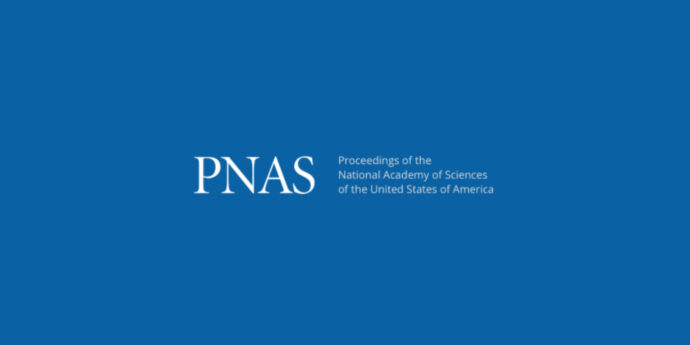Little evidence exists on the global effectiveness, or lack thereof, of potential solutions to misinformation. We conducted simultaneous experiments in four countries to investigate the extent to which fact-checking can reduce false beliefs. Fact-checks reduced false beliefs in all countries, with most effects detectable more than 2 wk later and with surprisingly little variation by country. Our evidence underscores that fact-checking can serve as a pivotal tool in the fight against misinformation.
The spread of misinformation is a global phenomenon, with implications for elections, state-sanctioned violence, and health outcomes. Yet, even though scholars have investigated the capacity of fact-checking to reduce belief in misinformation, little evidence exists on the global effectiveness of this approach. We describe fact-checking experiments conducted simultaneously in Argentina, Nigeria, South Africa, and the United Kingdom, in which we studied whether fact-checking can durably reduce belief in misinformation. In total, we evaluated 22 fact-checks, including two that were tested in all four countries. Fact-checking reduced belief in misinformation, with most effects still apparent more than 2 wk later. A meta-analytic procedure indicates that fact-checks reduced belief in misinformation by at least 0.59 points on a 5-point scale. Exposure to misinformation, however, only increased false beliefs by less than 0.07 points on the same scale. Across continents, fact-checks reduce belief in misinformation, often durably so.


